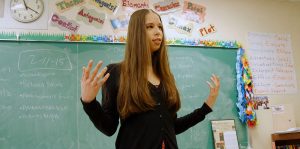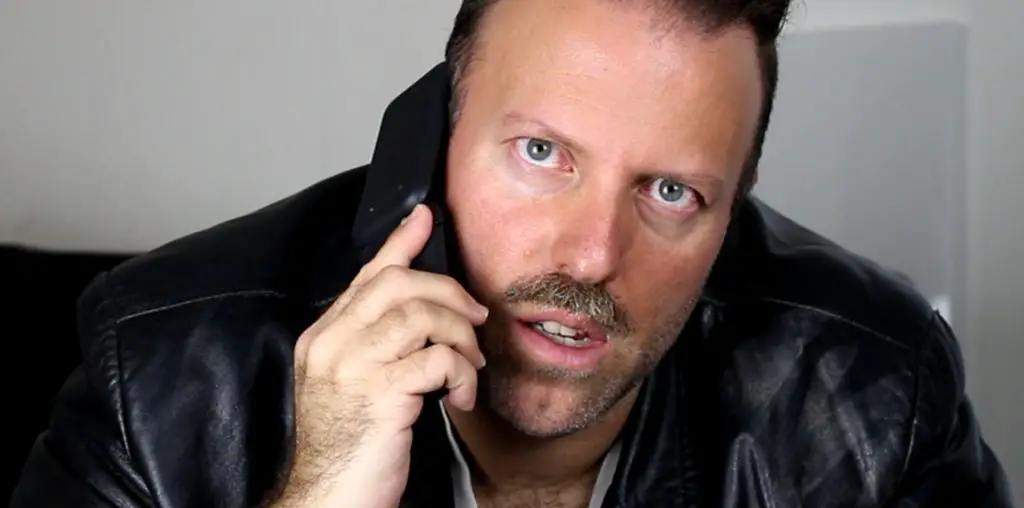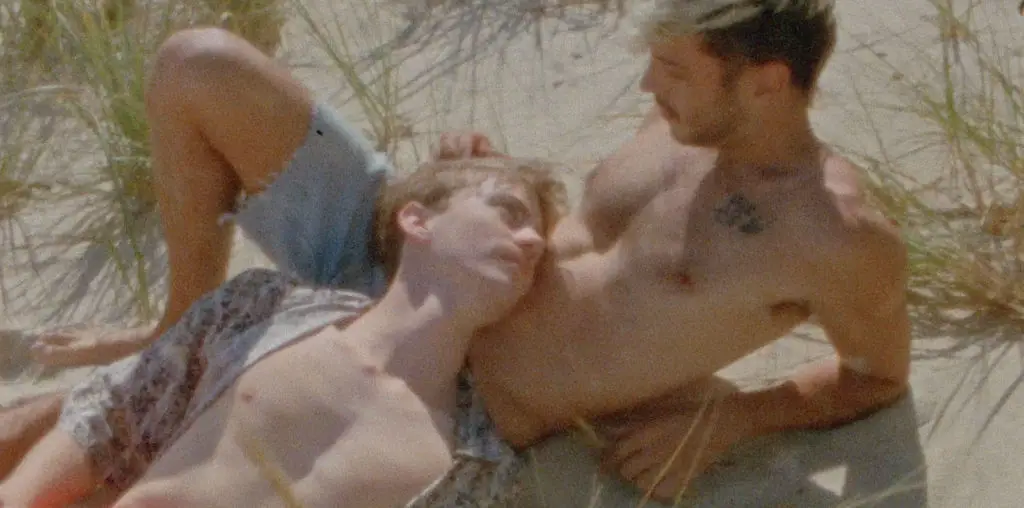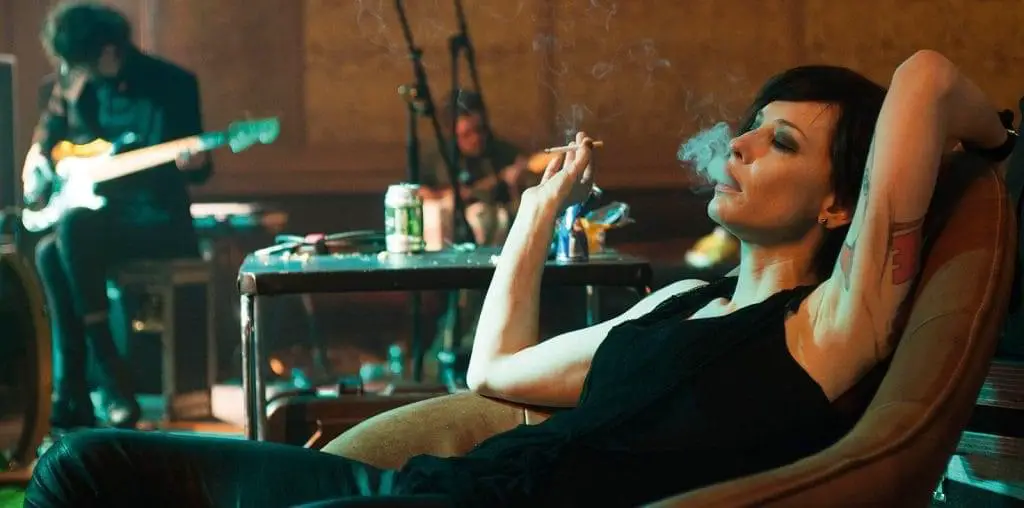
The college application process is intimidating in its own right, but when thrown into the mix with almost non-existent support structures, difficult family situations, and a citywide high school dropout rate over 7%, overwhelming can be a gross understatement. Juliane Dressner and Edwin Martinez follow three select Brooklyn teens assembling materials for their applications, while also serving their respective schools as student counselors. As they confront relentless waves of uphill challenges that stand in the way of the education they desire, they also must openly determine (in their personal statements on college applications) why they are pursuing these specific paths. While relaying unique stories of contemporary significance, Personal Statement has a severely scattershot focus, resulting in a murky final presentation.

“…three select Brooklyn teens assembling materials for their applications, while serving…as student counselors.”
Karoline, Christine, and Enoch are seniors at three separate high schools, each going the extra mile to ensure their classmates go to college as well, while at the same time uncertain as to whether they will get in themselves. As enthusiastic members of an inter-school counseling program, each provides college support for their struggling classmates, while doing their best to keep their heads above water during their senior year of high school. As they are confronted with challenges and pitfalls at school, at home, and in their own minds, they continue to strive for their ideal education and environment in which to thrive. They tackle obstacles and make sacrifices to achieve the goals outlined in their personal statements; these challenges emblematic of the struggles countless other low-income students face when attempting a college education.
While showcasing the evolution of each student throughout their post-high school transitions, the film gives a tangible face to all personal statements flooding colleges every year. Sporadic triumphs and failures are in uneven measures. While some graduates are freely able to chase their first choice, others are forced down alternative avenues. An easy takeaway from the film could be that nothing is certain, yet nothing is permanent, and situations can always be changed.

“…gives a tangible face to all personal statements flooding colleges every year.”
However, though the stories explored are deeply personable and relatable, the film cheapens its own documentation. The majority is defined by its observational stance, shadowing these students during key moments scattered throughout their year, and for long stretches. It is a deft piece of cinéma vérité. When the filmmakers showcase ordinary candid moments in their subjects’ lives to provide deeper context, the camera becomes overly intrusive, and the actions (brushing teeth, doing homework, walking to school, etc.) are stiffly executed and heavily cheated toward the lens. These segments come across as mishandled rather than stylistic.
As we see these separate students addressing classes, playing football, listening to public speakers, attending social justice rallies, and quelling anti-homosexual bullying, the filmmakers put their best foot forward capturing as many details as possible. However, the fleeting focus picks up and drops each facet of these individuals and the system they are navigating with nagging regularity. Though the ongoing stories of Karoline, Christine, and Enoch are (in certain ways) demonstrative of the current reality for young adults pursuing college, Personal Statement can’t figure out what it wants to say about any of it.

Personal Statement (2018) Directed by Juliane Dressner, Edwin Martinez.
5 out of 10


